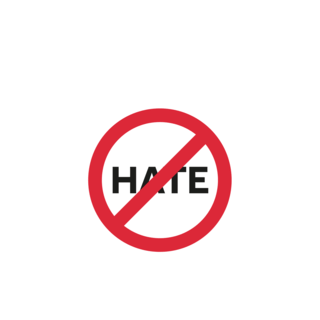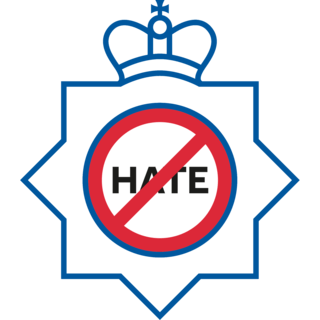The national definition of 'Monitored hate Crime' was adopted by the police and other law enforcement agencies in 2007. It measures 5 'strands', being;
The monitoring of 5 strands does not mean that other hate crime is not a very real and harmful problem in our society. The police recognise that there are other people who suffer from similar hostilities based on their own characteristics.
Alternative Sub-cultures
The tragic murder of Sophie Lancaster in 2007 highlighted the abuse faced by people who follow Alternative Sub-cultures The judge who sentenced her attackers recognised it as a crime that was “equal to all other strands of hate” Find out more.
You can read our policy on 'non-monitored hate crime' in Chapter 3 of The College of Policing's Approved Professional Practice
The Law Commission is currently working to review hate crime legislation in England and Wales and similar reviews have been done in Scotland and Northern Ireland. All are considering whether the '5 strands' should be extended.
The key principle that underpins our policy on hate crime is that it is a fundamental right to be protected from targeted abuse, whether that is based on a monitored strand or other reason. The police do not have a hierarchy and you can use this facility to report any crime where you are targeted because of one of the monitored strands or another hostility.

